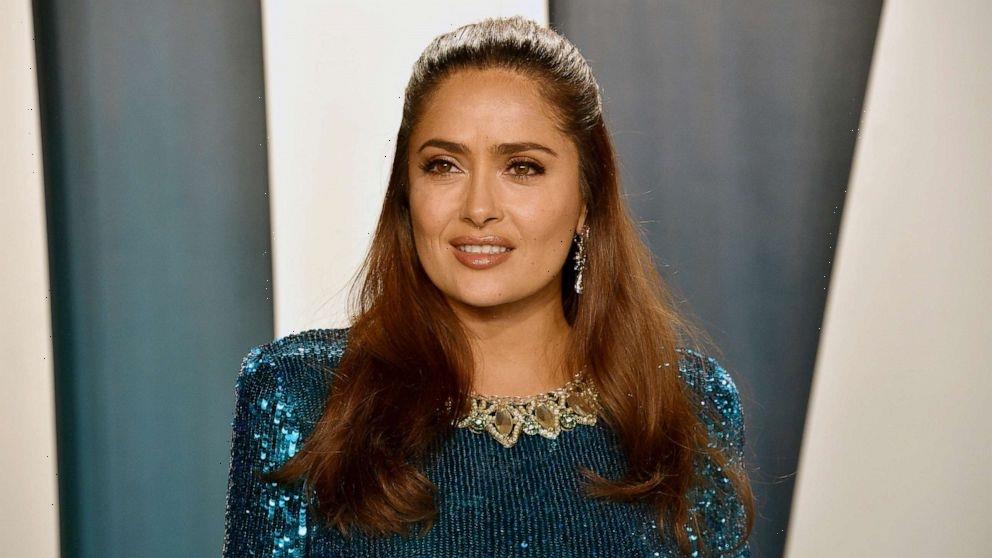Salma Hayek recently opened up about the timing of when she chose to speak out about disgraced film producer Harvey Weinstein.
Although she publicly accused Weinstein of abuse in 2017, Hayek discussed what might have happened had she spoken up about the alleged mistreatment she endured by Weinstein earlier.
Speaking with InStyle, the Oscar nominee recounted how she was reportedly mistreated by Weinstein when filming her 2002 movie “Frida.”
Weinstein’s company, Miramax, released the film about Mexican painter Frida Kahlo — a movie that resonated with Hayek because it paid homage to her home country and rebuffed harmful stereotypes.
However, the journey from concept to release was threatened multiple times. Hayek shared the humiliation and emotional damage she suffered from refusing sexual demands she said Weinstein made — and, as retaliation, he allegedly made lewd changes to the movie as both a form of revenge and sabotage.
The actress, who opened up on these alleged encounters with Weinstein in a 2017 New York Times op-ed, wondered in the new interview if speaking out sooner would have had any effect.
“Some people got raped,” the Emmy nominee said. “It makes you wonder if you had said something [back then], would it have been different? How come I didn’t have the courage?”
“I dealt with it to the best of my ability at the time,” she added.
The upcoming “Hitman’s Wife’s Bodyguard” star said, “For me, ‘Frida’ was a political statement, a social statement, a feminist statement. … It was my way of screaming. And Harvey used my way of screaming to repress me even more. So I could not let him win.”
In her 2017 op-ed for the Times, published in December, Hayek explained why she didn’t participate in the New York Times’ original Weinstein report, released in October 2017.
“I had brainwashed myself into thinking that it was over and that I had survived; I hid from the responsibility to speak out with the excuse that enough people were already involved in shining a light on my monster,” she wrote in her piece. “I didn’t consider my voice important, nor did I think it would make a difference.”
Editor's Picks
2 comics and a patron's response to Harvey Weinstein at a New York City bar goes viral
Timeline: Harvey Weinstein's path to his New York City rape and sexual assault convictions
After Weinstein sentencing, Tarana Burke on what's next for the #MeToo movement
She furthered that she had not disclosed some details on her experiences with Weinstein to her loved ones, and she had to reconcile within herself why she had chosen to forgive Weinstein years before.
During an event in 2018, the actress spoke about waiting nearly two months following the original Times report to release her op-ed. “I felt ashamed that I was a coward,” she said. “I’ve been working and supporting women for two decades … and then I was a coward.”
In 2020, Weinstein was convicted of rape and sexual assault and sentenced to 23 years in prison.
Source: Read Full Article





